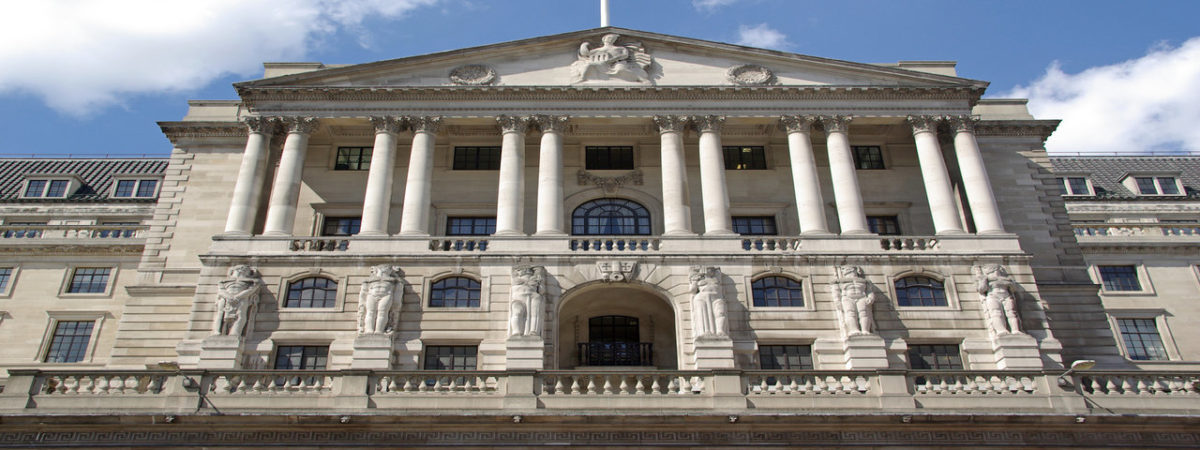A cardinal’s error on poverty and the free market
SUGGESTED



It was therefore disappointing to see Cardinal Oscar Rodriguez write last month: ‘In this time the free market has produced one sector which is booming: social exclusion.’
Two immediate points can be made. The first is that the last six years (the time to which he was referring) has been a continuation of a 25-year period during which absolute poverty has fallen more rapidly than at any previous time in human history. Poverty has fallen because countries have become more open to trade and adopted systems of governance that are somewhat more supportive of the rule of law, private property, the proper administration of justice and so on. These are the preconditions for markets to develop. Some countries still have much to do of course.
Secondly, those who live at the margins in, for example, Cardinal Rodriguez’s home country of Honduras do not suffer because of free markets but because of the cronyism, corruption and absence of the basic conditions for markets to function. It is no coincidence that Chile is the most economically free country in Central and South America and that it has a tiny percentage of people living in absolute poverty, whereas Honduras is the 112th freest country in the world and has a quarter of its people living in absolute poverty. According to the World Bank’s ease of doing business report, Honduras is the 162nd (out of 189) easiest place in the world to start a business. In South and Central American countries, people are excluded from markets not by markets.
As it happens, the Cardinal was actually talking about rich countries, especially Italy and Spain, when he made his comments. So, what about the West? Have we had free markets run riot over the last few decades? The answer to that is a pretty unequivocal ‘no’. Whatever measure one uses – regulation, welfare or government spending – markets have become more and more constrained.
In most of the world’s biggest economies, government spending as a proportion of national income more or less doubled between 1950 and 2010. Welfare states were developed that have made undeliverable promises as populations age and this explains why the young – and their employers – are being taxed at such high rates and yet get so little back in terms of government services and support in times of unemployment. The number of new laws and regulations passed and the proportion of people working for the government have also increased markedly over the last generation. This is even true in the financial sector. Far from the deregulation that many people purport to identify, banking and other areas of finance have become more and more bound up with rules. In 2011, there were 14,200 new banking regulations worldwide. Before the financial crash, the UK probably had about 1,000,000 paragraphs of financial regulation.
Of course, it could be that Spain and Italy – the countries specifically referred to by the Cardinal – are outliers. Perhaps they are hotbeds of free-market liberalism bucking the general trend. Unfortunately that is not true. Spain is the 22nd freest country in Europe and Italy is the 35th freest.
The Cardinal’s particular concern was job security. It is especially noteworthy that both countries have a shocking record when it comes to the regulation of labour markets with very high levels of employment protection legislation. Paradoxically, high levels of employment protection tend to create ‘outsiders’ to the labour market who have no record of sustained employment and therefore will not be taken on by a company that knows that, if they make a mistake, they will not be able to rectify it. The protection of particular jobs leads to people not being able to obtain any job and directly to the terrible rates of youth unemployment that prevail in these two countries.
But the costs of the social programmes supported by the Cardinal also cannot be ignored. In France, if a company appoints a young person on the minimum wage, the total cost of employment is twice the employee’s take-home pay, the difference being made up of payroll social security taxes. At these levels of tax a young person will only be employed if he produces twice as much as the wage he earns.
Of course, there are problems with regard to job security in countries such as the UK. Certainly times are difficult. However, unemployment and, especially, long-term unemployment have been dropping like a stone for several years. There is a reason for that. The UK government does not make it extremely difficult for companies to hire people. Even in Ireland, where the impact of the crash was much worse than in Italy (and which is also in the euro zone) unemployment is falling and is below Italian levels.
There is no shortage of constructive critiques and help for the flock that clergy can provide in relation to economics – consider, for example, our Bishops’ Conference’s own initiatives to promote ethics in business. But people like Cardinal Rodriguez should be cautious before speaking out. If people take him seriously, Britain could become more like Italy and Chile could become more like Honduras. If people learn not to take the Catholic Church’s cardinals seriously then the Church has a different (and altogether more serious) problem.
This article was originally published by the Catholic Herald.
1 thought on “A cardinal’s error on poverty and the free market”
Comments are closed.





So much ‘protection provided by labour laws seems to be protection of ‘insiders’ at the expense of outsiders. Those of us who believe in the benefits of free markets want the outsiders to be able to compete. And it tends to be the organised trade unions who are in a position to lobby coercive governments, not the scattered and unorganised individual workers who don’t belong to unions. This is a classic example of the difference I once pointed out to Ralph Harris, between ‘do-gooders’ and ‘mean-wellers’.